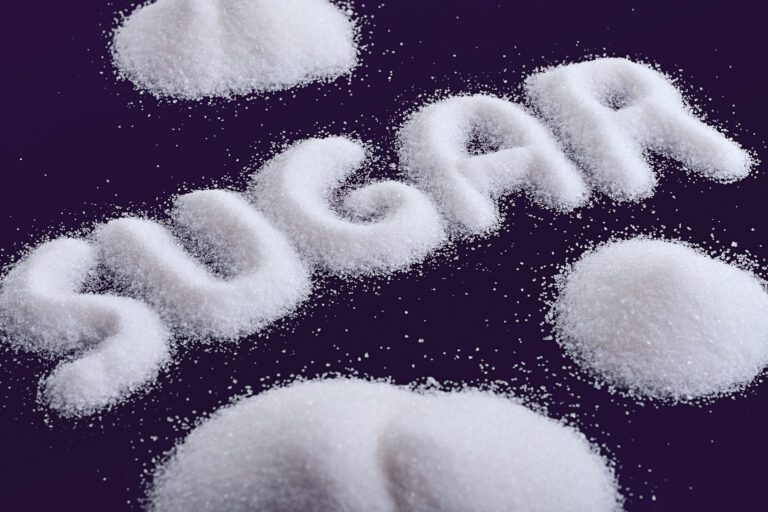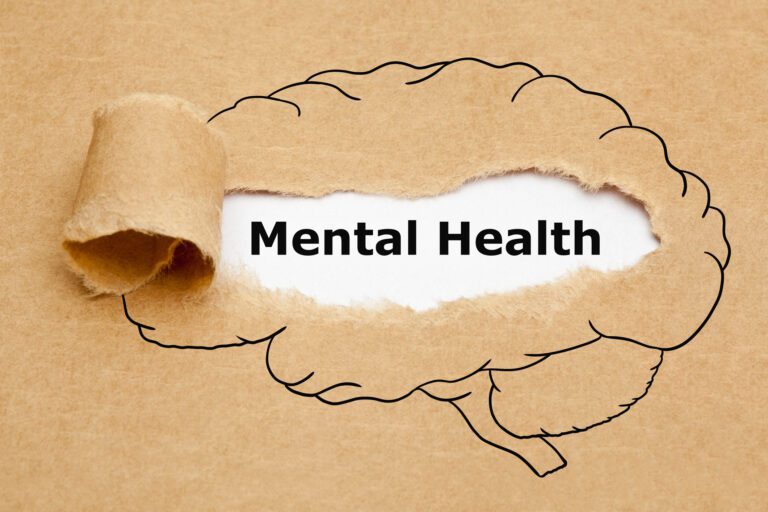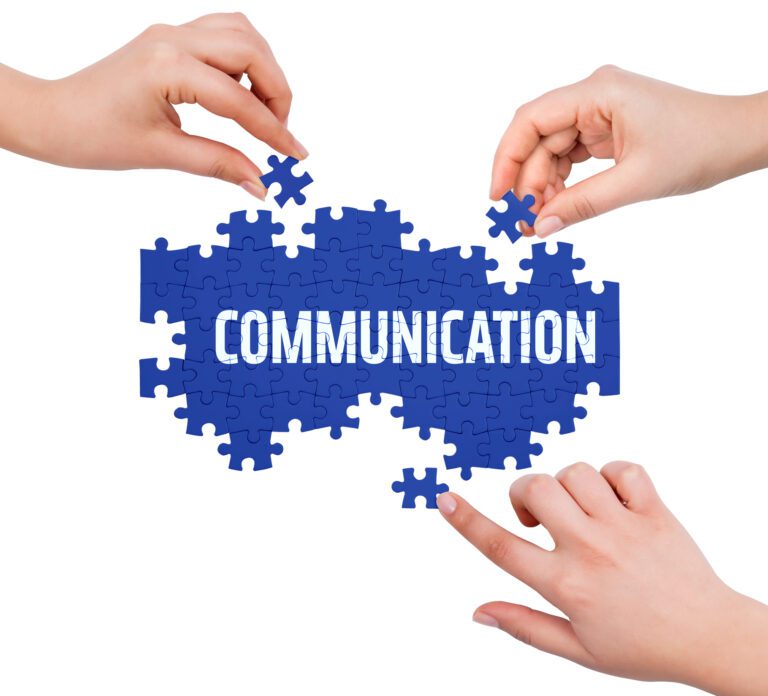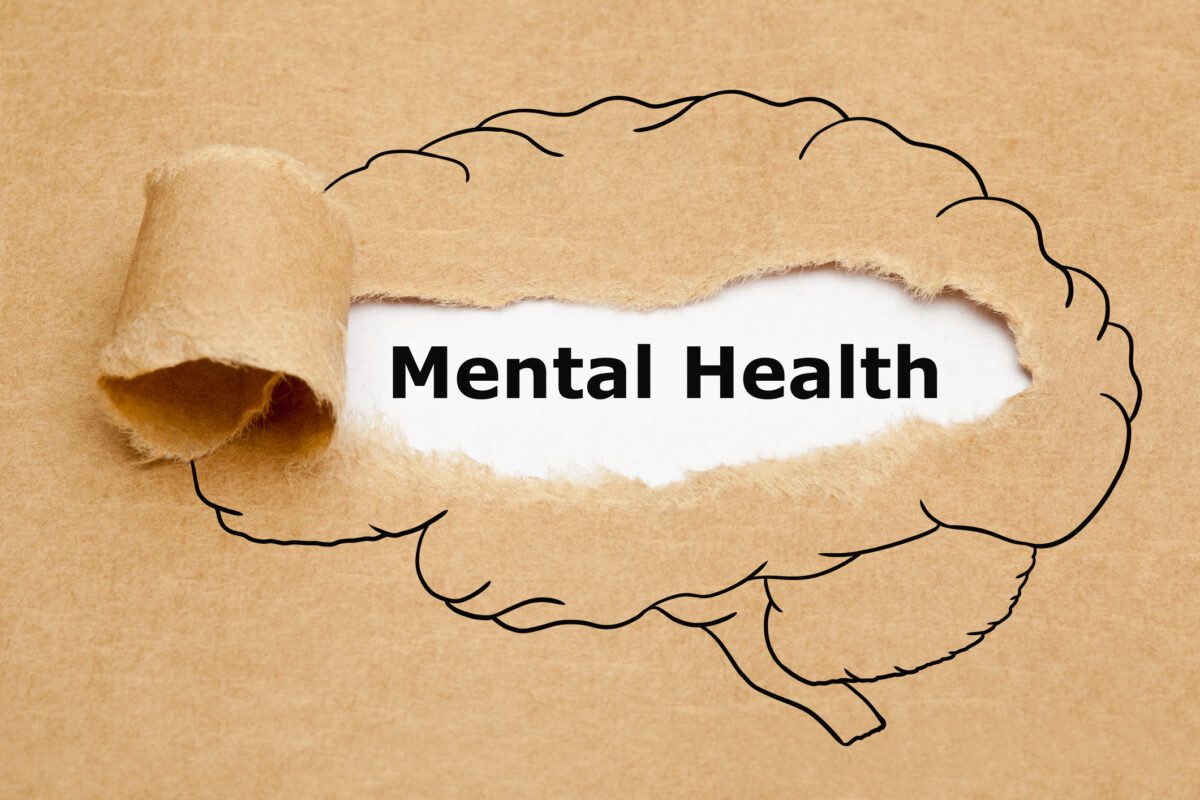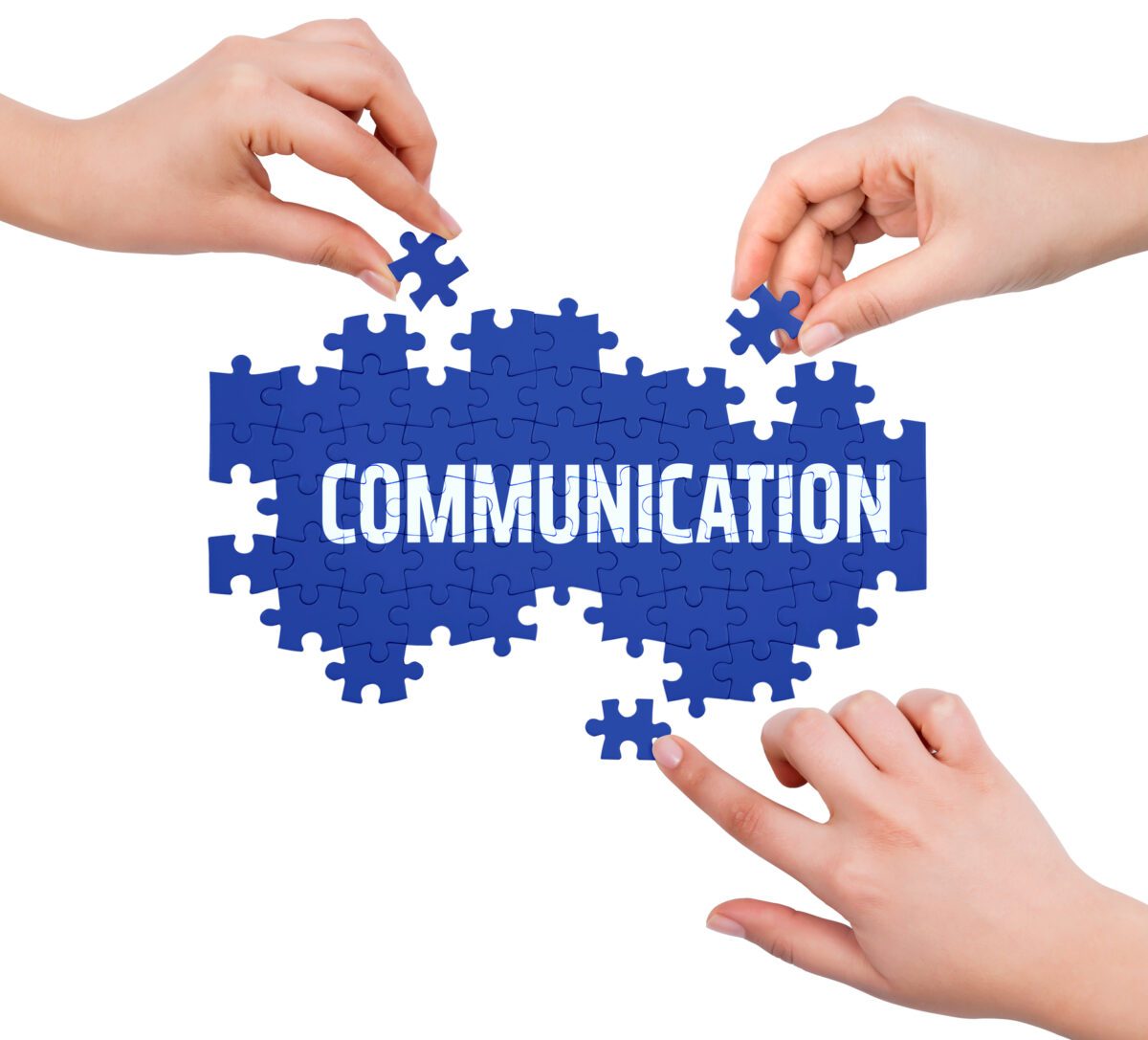Just like all mental health disorders, eating disorders do not discriminate. While previously believed to affect only females, research has expanded their awareness to recognize that men can also be affected just as easily.
It is important to note that eating disorders are experienced by individuals on the entire gender spectrum, not only the binary sexes of male and female. However, only those two binaries are referenced in this article.
How Many Teen Males Suffer from Eating Disorders?
Eating disorders have long-been understood as being less prevalent in males. While this is accurate, this does not mean eating disorder prevalence in males should be ignored or minimized.
This is especially true considering that the lower prevalence of eating disorders in males is likely related to lack of reporting.
Below are some statistics of eating disorders in teen males from what is reported:
- 33% of adolescent males report using unhealthy behaviors such as excessive exercise or altering dietary habits to control their weight
- Nearly 22% of young men report engaging in muscle-enhancing behaviors, including eating more or differently to build muscle, supplement use, and androgenic-anabolic steroid use
- 15% of young men with BMI ≥ 25 report engaging in disordered eating behaviors including fasting, skipping meals, vomiting, laxatives, diuretics, or binge-eating
While some red flags of eating disorders in teenage boys are similar to that of teenage girls, others may be different.
Some signs of eating disorders in teenage males include:
- Preoccupation with body weight, shape, or size.
- Obsession with bodybuilding, building muscle, or weightlifting.
- Low self-esteem
- Extreme reduction or increase in caloric intake.
- Fixation on food contents, nutrients, calories, etc., and its impact on weight/the body.
- Continuing to engage in exercise regardless of fatigue or injury.
- Depression, irritability, and anxiety.
- Rigid eating/exercise rules.
- Lying about food intake
- Regularly weighing oneself and examining body in the mirror/reflections.
- Perfectionism.
- Isolation from friends, family, activities, etc.
- Increased angry outbursts and/or irritability
- Reported feelings of shame and/or guilt.
Adolescent males might fear gaining weight due to body image concerns, desire to be liked by peers, low self-esteem, and trying to please their coaches or parents. Excessive exercise warrants higher caloric intake.
They believe that the excessive exercise is going to help them achieve a muscular build. If they continue to restrict food and over exercise, they will likely eventually experience a binge and might then purge to “get rid of” the food they ate.
Individuals might also go back and forth between restriction, then binge due to being malnourished and starved, and then feel emotions of guilt and shame and engage in purging behaviors. The purging behaviors continue the cycle of shame and guilt from binging and then the restriction cycle continues again.
There is help for men struggling with eating disorders. The shame that men feel is the number one factor that prevents them from reaching out for help. Men are supposed to appear “strong” and “tough”. Many men feel that eating disorders are not a masculine disorder and have trouble admitting they have an eating disorder.
It is important that we do our best to reduce stigma around males that struggle with eating disorders, so that they feel more comfortable opening up about their experiences and seeking help.



